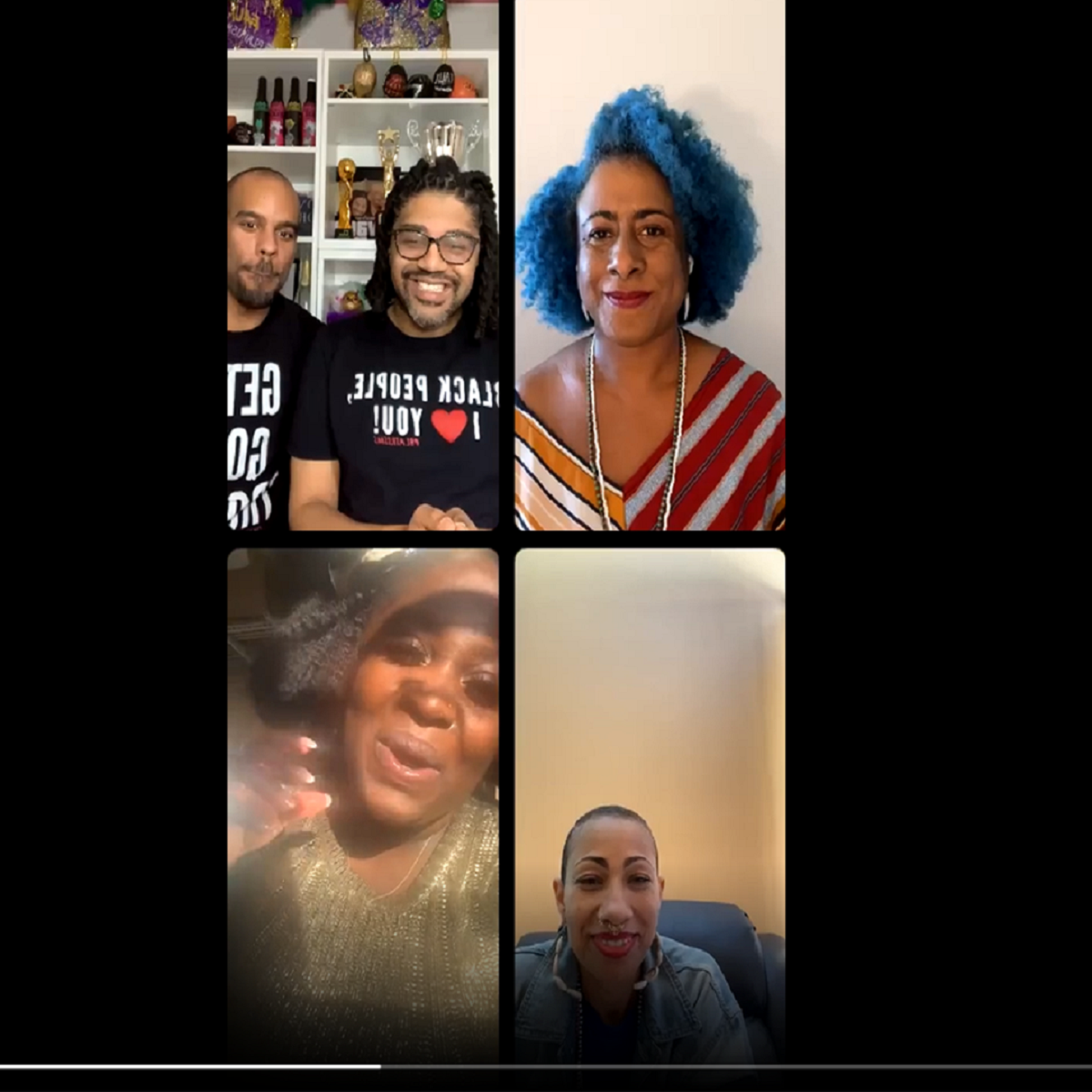Before I became the director of the Sierra Club’s International Climate and Policy campaign, I worked to retire coal plants in Louisiana, Texas, and Arkansas. Often, coal companies built these plants in Black communities that were struggling economically. They offered these communities a devil’s bargain, promising jobs that would supposedly make up for the pollution coal plants blast into the air. But in most cases, local residents never got those jobs: The company hired white workers instead. The community was left with all the pollution of the coal plant – and none of the promised economic benefits.
When I began to work with environmental organizations in Kenya and other parts of Africa, I realized that the same pattern was playing out in Black communities outside the US. From the Niger Delta to the Gulf South, Black people have been on the frontlines of the climate crisis and environmental destruction, because of a global system of anti-Blackness that sees Black lives as disposable and Black communities as sacrifice zones. That same system works hard to silence – or even disappear – Black voices that speak out against environmental racism and demand access to the clean air, clean water, and healthy planet we all deserve.
The climate crisis, and the racist system that underpins it, are problems that extend across national borders. To solve these global crises, we need global movements led by the Black communities on their frontlines. That’s why this Black History Month, I’m inviting you to join me in learning about and supporting Black resistance to environmental racism and the climate crisis from across the globe.
It’s especially important to lift up the voices and perspectives of our African partners this year. The United Nations Climate Conference (COP27) is being held in Africa this November, in Sharm El-Sheikh, Egypt. That matters because countries in the Global South – the formerly colonized nations in Africa, Oceania, and Asia – are being hit hardest by the impacts of climate change, even though Global North countries like the US and the UK are responsible for the lion’s share of historic emissions. It also matters because last year’s COP was one of the most unequal in history. Many Global South representatives were unable to travel to Glasgow, and lacked access to the vaccines that would have made it safe for them to do so. As a result, conversations stalled over some of the climate efforts that matter most to Global South communities.
Many African environmentalists hope to use COP27 as an opportunity to draw attention to the climate solutions their countries need – and push wealthy nations like the US to act faster and more ambitiously to help implement them. But they’re already concerned that voices from the Global South – especially African voices – will remain unheard at this year’s COP. African representatives to UN Climate Conferences have long pushed for Global North countries to fulfill their pledges to create a Green Climate Fund that disperses $100 billion annually for adaptation and mitigation projects in the countries on the frontlines of climate catastrophe. But so far, they’ve failed to do so, deepening the injustices of the climate crisis.
We can’t afford to repeat the failures of previous COPs this year. We need to amplify the demands and perspectives of our African partners in the leadup to this year’s conference. Here’s how you can help:
-
Check out our new Instagram Live conversation series with Black podcasters The Blairisms. Every month, I’ll be talking with them and environmental influencers about the impacts of climate change on Africa and people of the diaspora. You can watch the January conversation here, featuring poet and light worker Sunni Patterson and climate activist Nbani Friday Barilule, who join me and the Blairisms to discuss the grassroots efforts we can support topressure on the fossil fuel industry.
-
Learn about the work of African environmental organizations and their leaders.
Lekeh Development Foundation- Nigeria
The Lekeh Development Foundation engages, educates, and empowers the younger generations to reach out to the world and raise interest in matters concerning climate justice, energy, and women’s empowerment.
Follow them on Facebook or Twitter.
DeCOALonize Kenya
DeCOALonize Kenya focuses on promoting a green and sustainable energy future for Kenya through their commitment to stopping the use of coal and coal-related projects in Kenya.
Explore their website, or follow them on Facebook or Twitter.
- Check out our past conversations and audio interviews from environmental activists across the African diaspora.
